Religion begins with a desire to understand the purpose of existence; theology begins with a desire to understand how certain reasons for existence are true. Expand your worldviews and reflect on the complexities of religious practice and spiritual experience in the modern world.
Religious Studies and Theology offer you opportunities to examine diverse religious experiences across history and culture as well as study the Catholic theological tradition through coursework in liturgy, biblical studies, moral theology, pastoral theology, and doctrine. Learning opportunities include community-based and service learning, independent research, internships, and study abroad in Italy or Kenya.
Scholarships
Fides et Ratio Scholarship
The Fides et Ratio Scholarship aids students pursuing either a minor in Catholic Studies or a minor or major in religious studies and theology. The goal of this scholarship is to equip Loras College students with the intellectual background to practice their faith as strong parish leaders following graduation.
The Breitbach Catholic Thinkers & Leaders Scholarship Program
This scholarship, made possible by a generous $15-million donation from Paul (’60) and Frances Breitbach, is a unique and vibrant four-year experience. Its goal is to challenge and engage the whole student, helping you to develop academically, spiritually, personally and socially while learning what it means to be a Catholic thinker and leader in today’s modern world.
Explore Internships & Careers
Internship opportunities offer real-world experiences.
- Archdiocese of Dubuque Pastoral Center
- St. Anthony Parish, Dubuque
- St. Joseph the Worker Parish, Dubuque
- Stonehill Communities, Dubuque
- Wahlert Catholic High School
You will be prepared for a variety of interesting careers.
- Campus Minister
- Director of Religious Education
- Educator
- Middle or High School Religion Teacher
- Occupational Therapist
- Publishing Assistant
- Youth Minister
Course Highlights
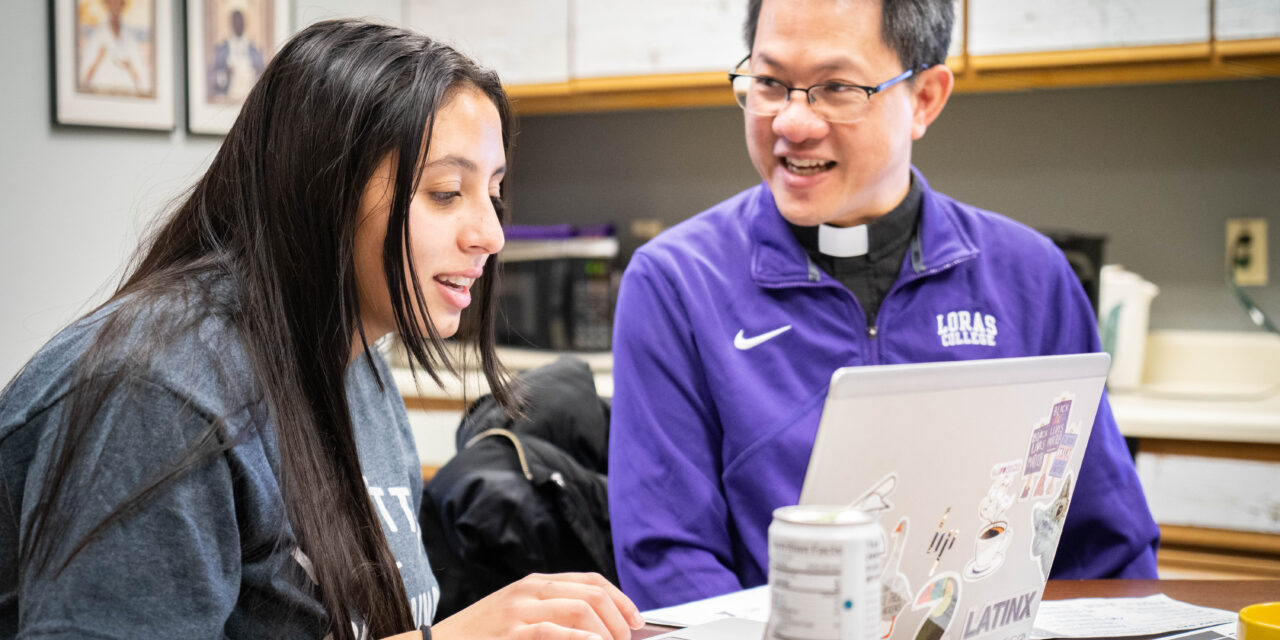
School of Humanities & Education
Majors & Minors
Dubuque Archdiocesan Partnership
Since its founding in 1839, Loras College has served the Roman Catholic Archdiocese of Dubuque in a variety of ways. The religious studies and theology faculty have formed several generations of religious leaders.
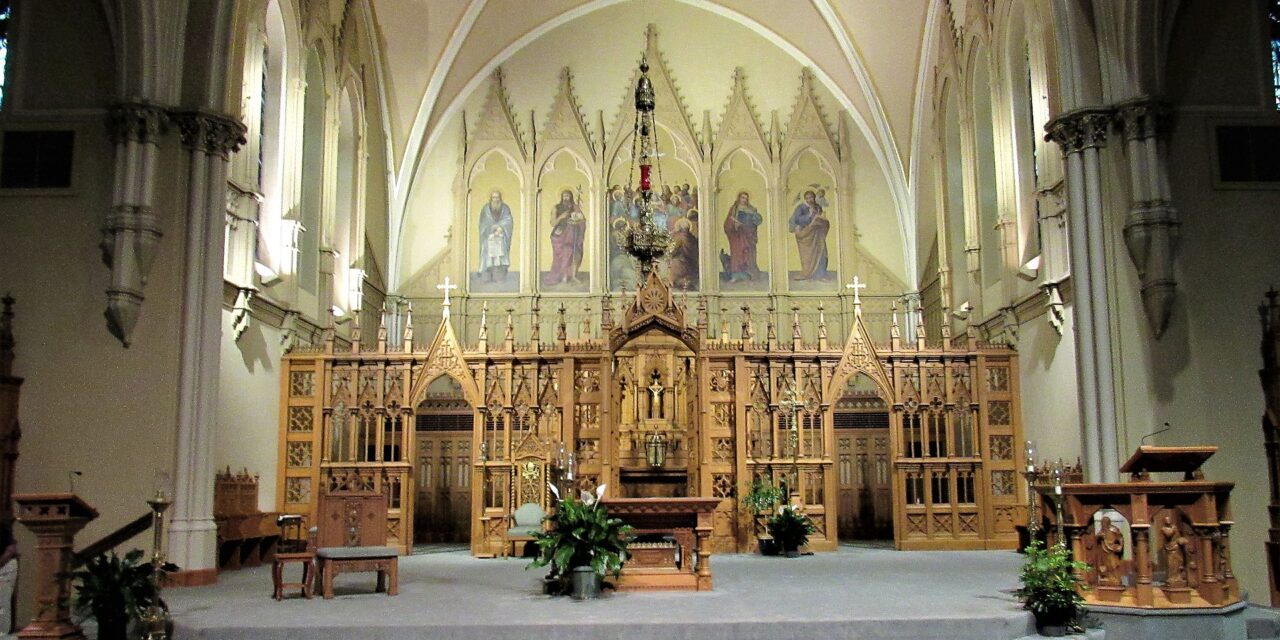
Clubs & Orgs
We have a variety of opportunities for you to get involved from the moment you set foot on campus.
Archbishop Kucera Center
Breitbach Catholic Thinkers and Leaders
Interfaith Leaders
Peace and Justice Club
Duhawks for Life
Knights of Columbus
Children of Abraham
Spiritual Life CORE Team
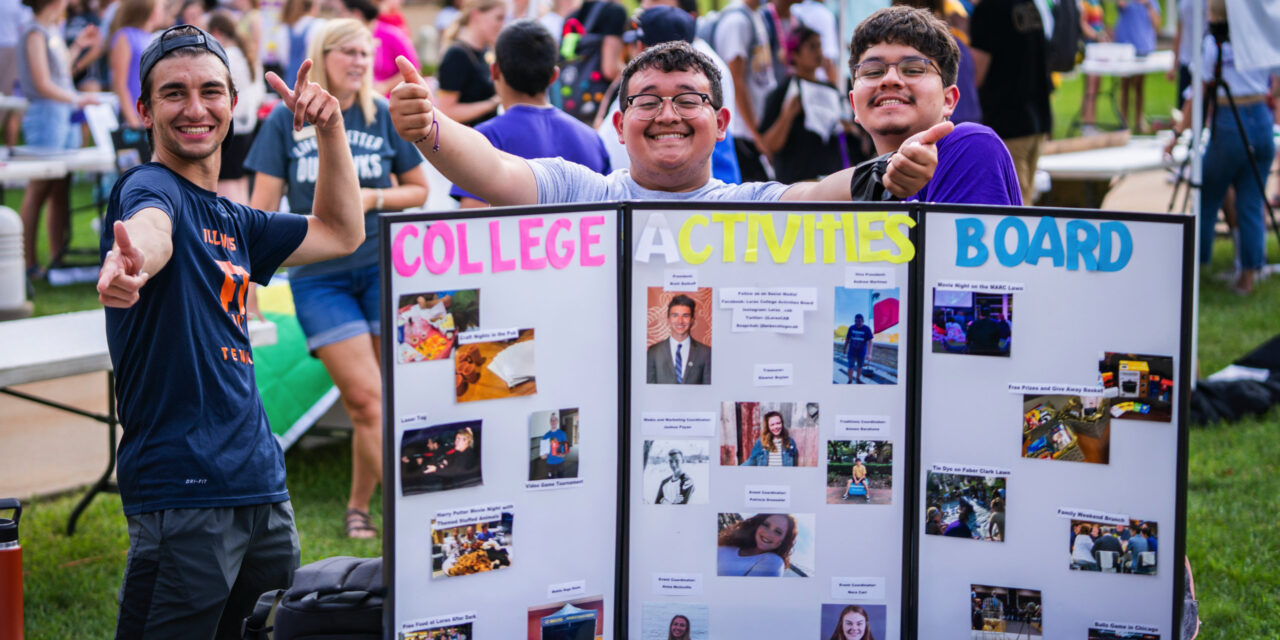
Straight Talk from a Duhawk
What I love about religious studies is to see that certain issues tackled by certain people in history are still things that I can relate to in my time.
— Ruben (’25)
Meet Your Professors
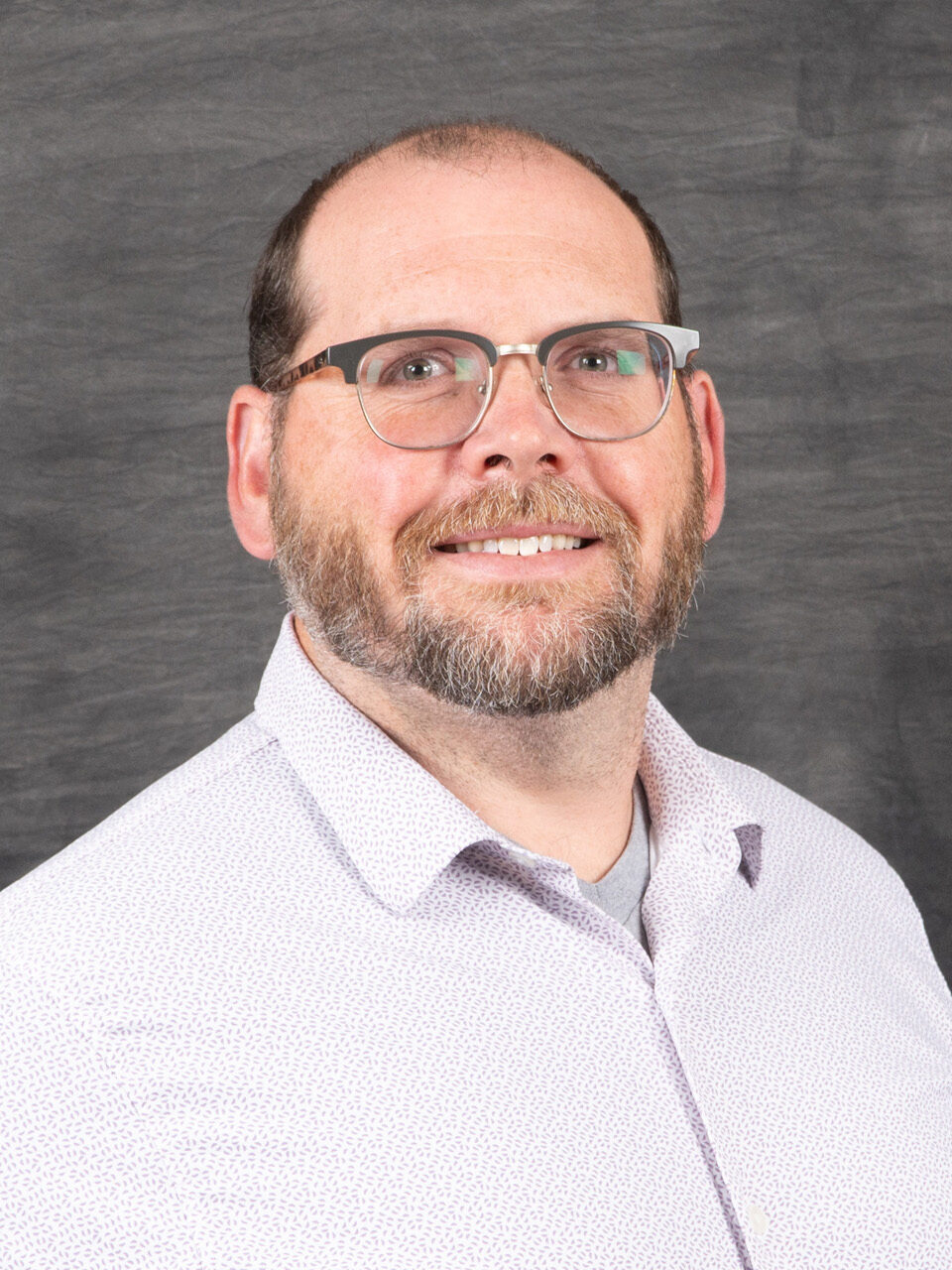
Jacob Kohlhaas PhD
Associate Professor of Moral Theology
Director of Honors Program

Christoffer Lammer-Heindel PhD
Associate Professor of Philosophy
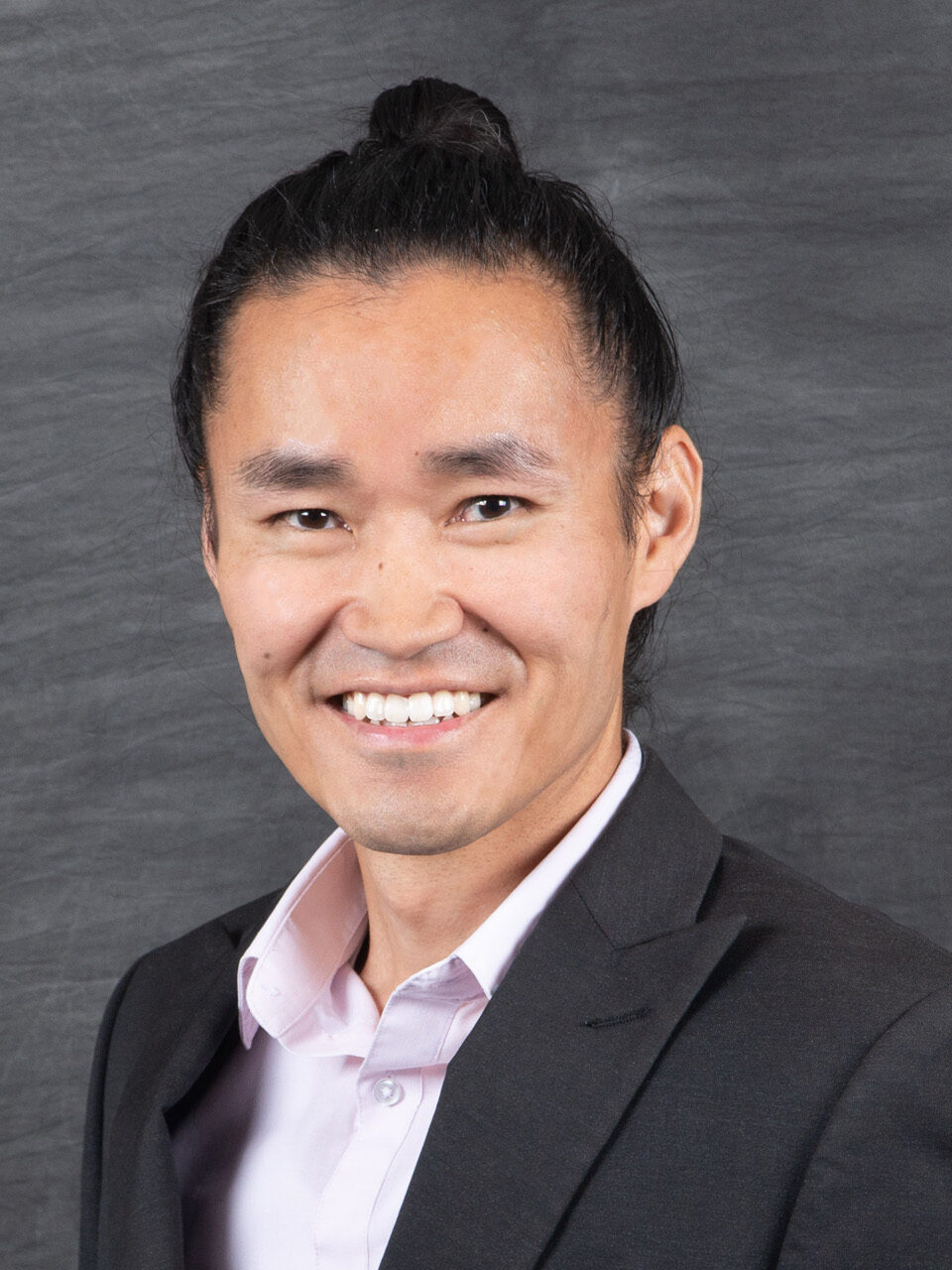
Andrew Massena PhD
Assistant Professor of Biblical Studies
Director of Archbishop Kucera Center
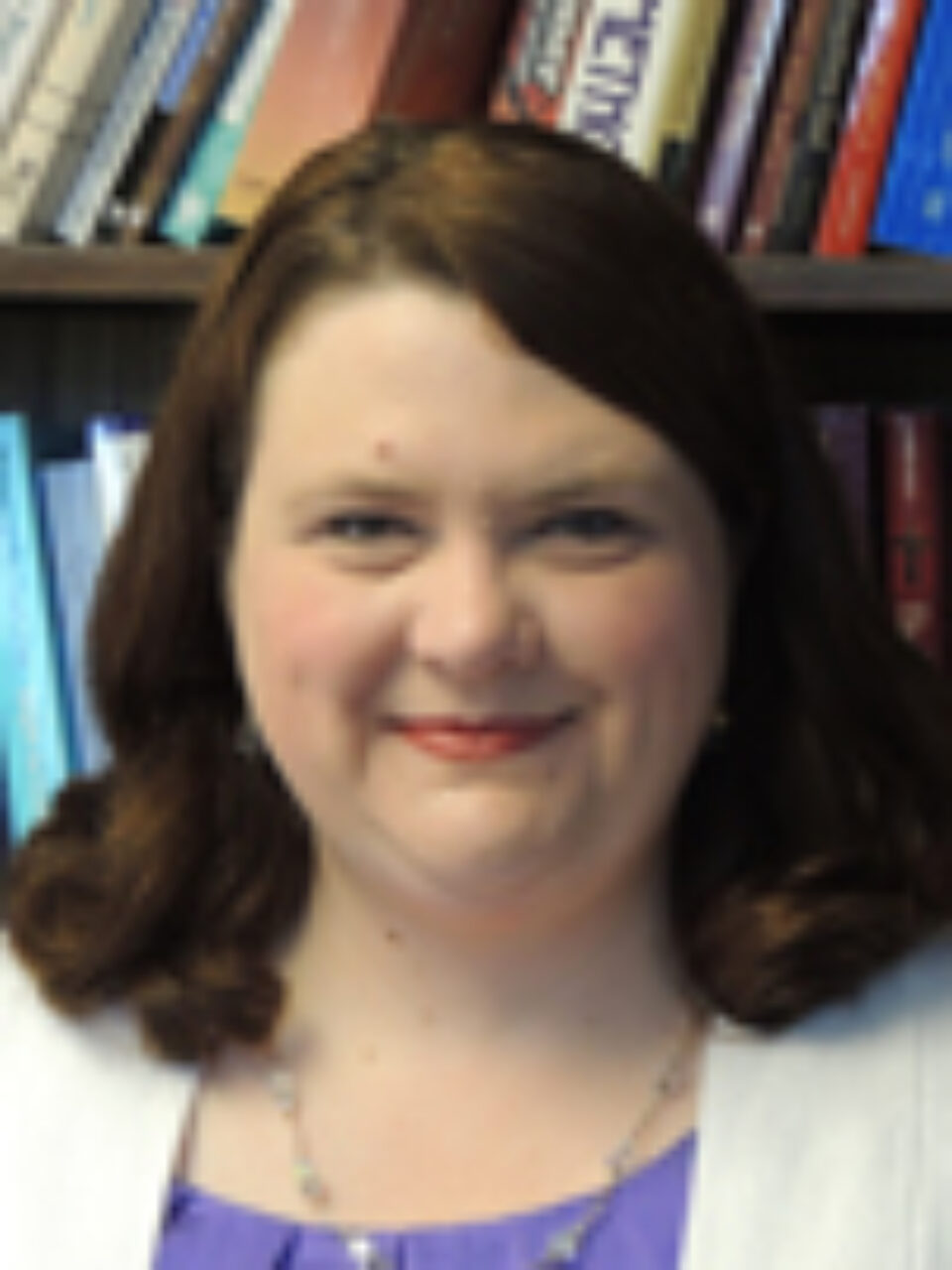
Amanda Osheim PhD
Professor of Practical Theology
Endowed Professorship, Catholic Thinkers and Leaders Program
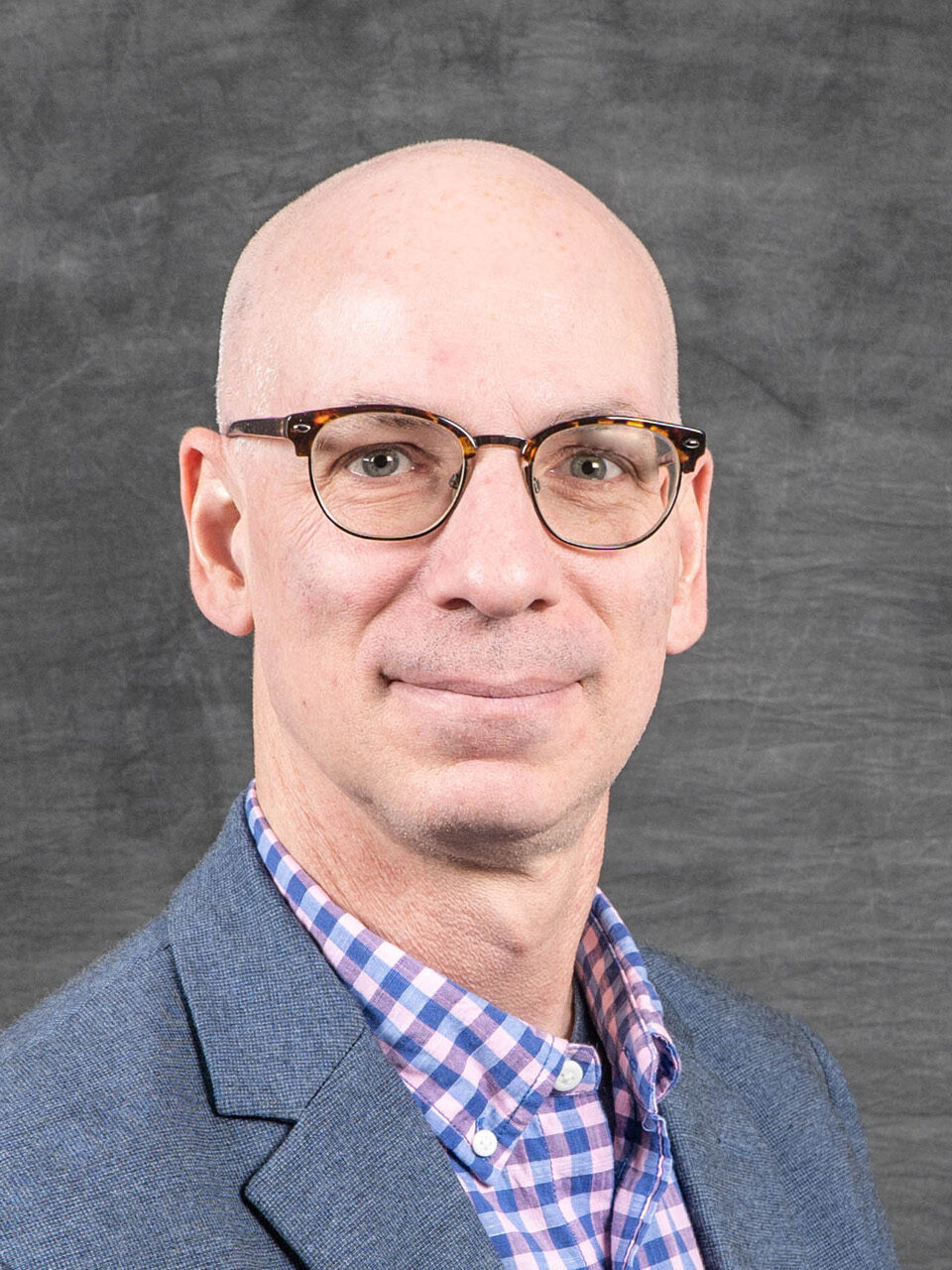
David Pitt PhD
Associate Professor of Theology
Sacramental/Liturgical Theologian
Religious Studies News
-
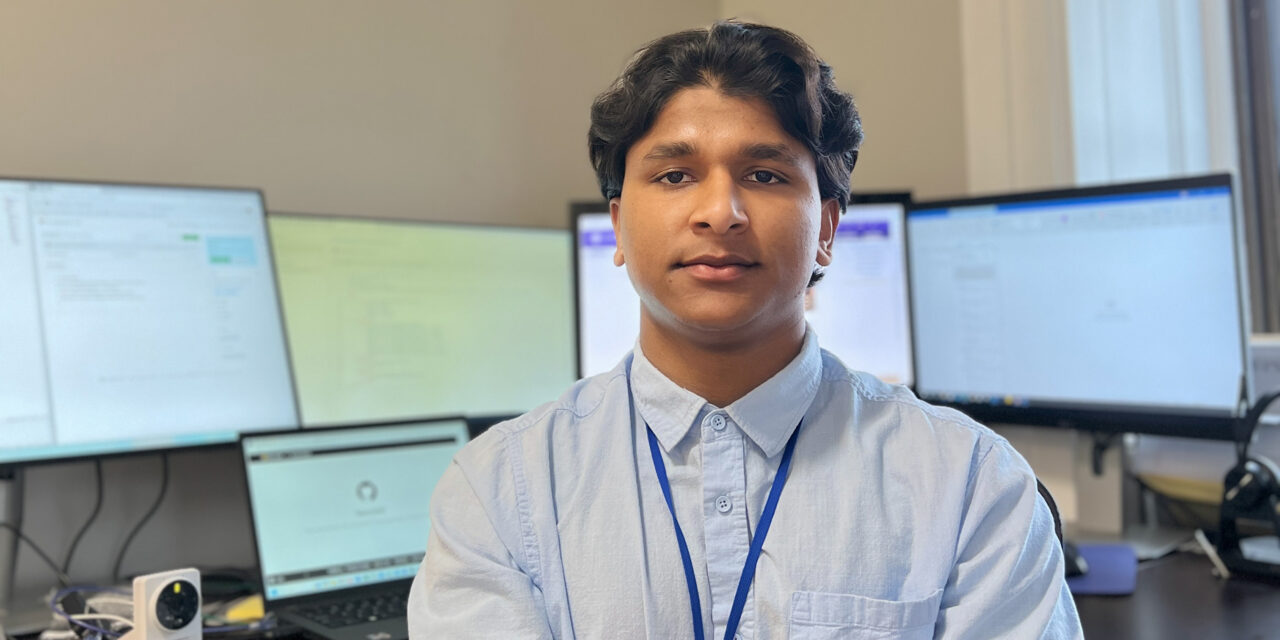
Blending Academics and Professional Development
Shree Prakash Shah (’25) is making the most of his Loras College experience. Coming from Kathmandu Valley, Nepal, this international student seamlessly balances… More
-

From Internship to Influence
Loras College student Sadikshya (Sadie) Bhattarai (’25) is cultivating real-world skills this semester as an intern at the Dubuque YMCA. A creative media and public relations major and religious studies minor, Sadie is thrilled that her role as the social media manager and crisis service advocate aligns with her passion for empowering women and creating positive change. More
-
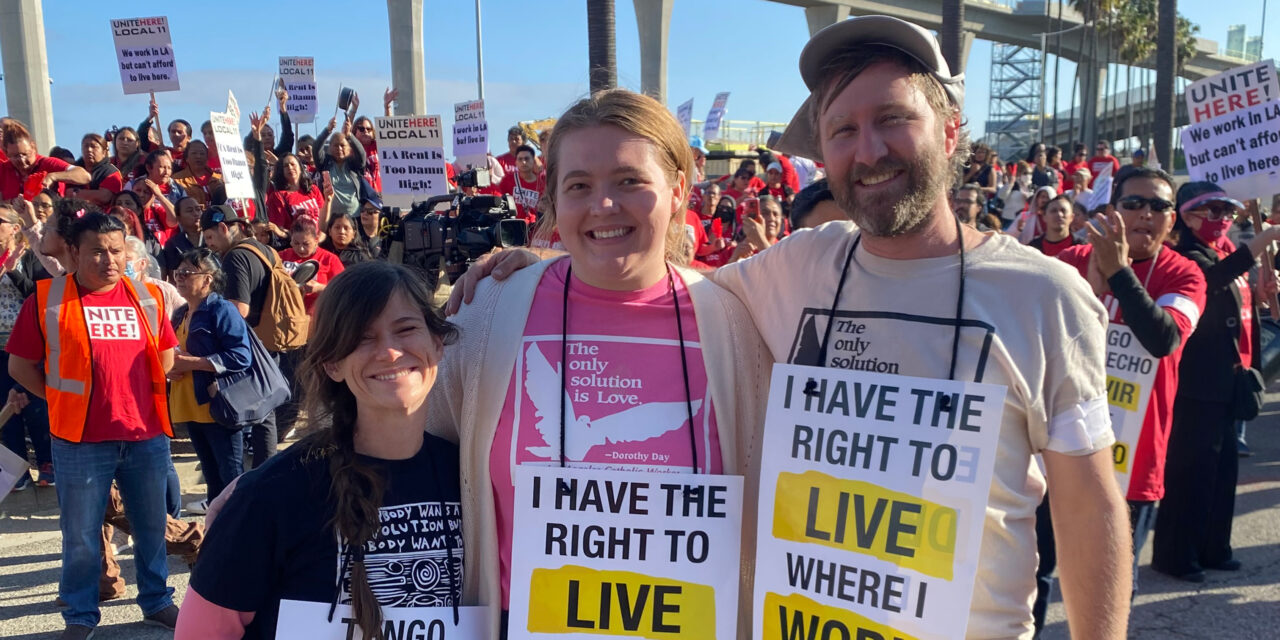
Beckett’s Inspiring Commitment to Social Change
In the summer of 2020, as a high school senior, Graceann Beckett (’24) received a graduation gift that would set… More

